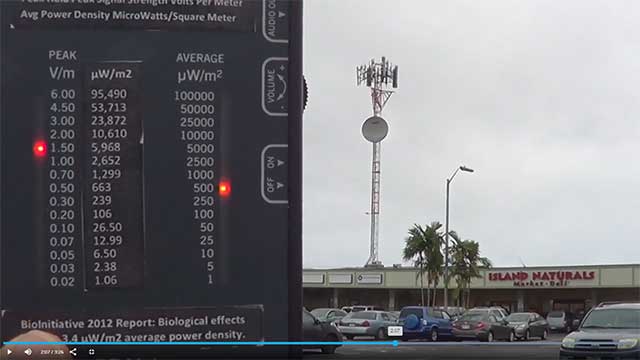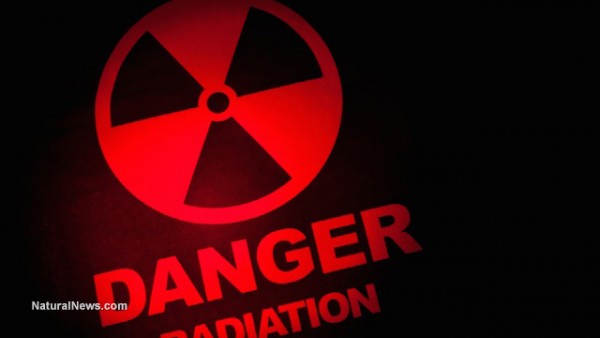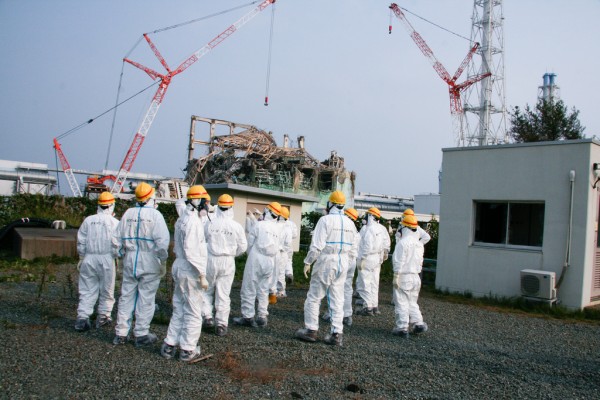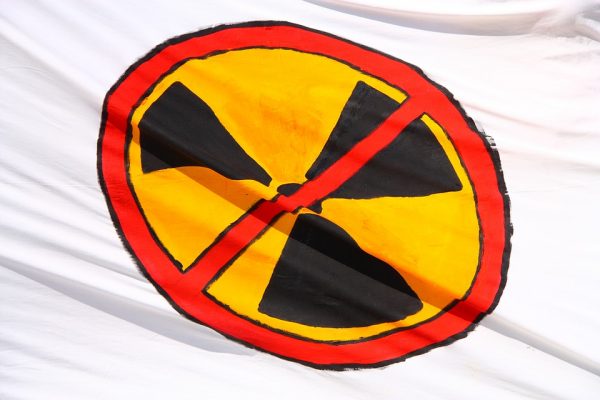Astronauts extremely likely to die from cancer if they travel to Mars, warns new science study
06/12/2017 / By Tim Wesley

The idea of heading out to space and traveling to the red planet is thrilling but consider this for a moment: Going to Mars significantly increases your chances of acquiring cancer. That’s what the latest study published in Scientific Reports concluded. Cancer risk for humans who go on a mission to Mars or on long-term space missions doubled because of exposure to radiation from cosmic rays. Being away from the protection of Earth’s magnetic field increased the risk of radiation because cosmic rays which contain iron and titanium atoms severely damage the cells due to very high rates of ionization.
“Exploring Mars will require missions of 900 days or longer and includes more than one year in deep space where exposures to all energies of galactic cosmic ray heavy ions are unavoidable,” said Francis Cucinotta, a scientist from the University of Nevada, Las Vegas.
Earlier studies showed that exposure to galactic cosmic rays can have severe health risks for astronauts, including cancer, cataracts, circulatory diseases, central nervous system effects, and acute radiation syndromes. Ionization will cause cell damage and lead to the development of such diseases.
The National Aeronautics and Space Administration (NASA) as well as other groups theorize that radiation-based cancer is solely a result of direct cell damage and mutations. But while they’ve identified that the conventional models are incomplete, the new model has shown that the risk for cancer is also high for “bystander” cells. The findings showed that the affected cancer cells can infect the surrounding cells.
This multiplies the risk because now you have more cells affected by cancer. Cucinotta further explained: “ Galactic cosmic ray exposure can devastate a cell’s nucleus and cause mutations that can result in cancers. We learned the damaged cells send signals to the surrounding, unaffected cells and likely modify the tissues’ microenvironments. Those signals seem to inspire the healthy cells to mutate, thereby causing additional tumors or cancers.”
Wearing thicker spacesuits may not solve the problem, either. While it is true that these spacesuits decrease the threat of radiation, their protective effects are not that significant, considering that astronauts would be spending hundreds of hours on an alien planet. What these findings showed is that scientists need to exert more effort in studying the risks to astronauts’ health before sending them out to space.
It’s a little concerning as the first trip to Mars is reportedly going to have the longest layover ever. NASA said that the trip to the red planet will include a one-year layover around the moon. That’s one year of exposure to cosmic rays. Are you willing to take the risk? Follow more news about space travel at Space.news.
Sources include:
Tagged Under: effects of cosmic rays, health risks for astronauts



















